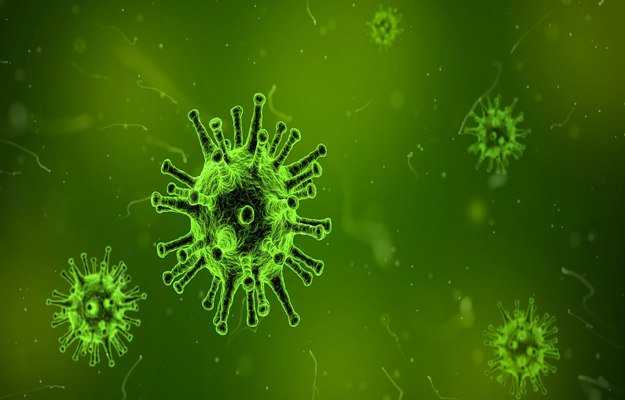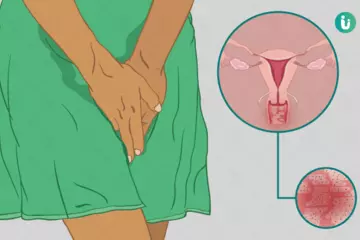What is cytomegalovirus (CMV) infection?
Cytomegalovirus (CMV) infection is caused by a virus related to the herpes group of viruses. It belongs to the same category of viruses that cause cold sores, infectious mononucleosis and chickenpox/shingles. The presence of CMV antibodies in the Indian population was found to be 80%-90%. It is commonly seen in both developed and developing countries. It can be subdivided into:
- Acquired CMV infection
- Congenital CMV infection
- Postperfusion syndrome
What are its main signs and symptoms?
Most patients do not develop symptoms. Even if symptoms are present, they differ in type and intensity. In serious cases, infants are born with low birth weight, fever, hepatitis with jaundice and other haemorrhagic manifestations. Various symptoms that might be noticed:
- In babies:
- Prematurity
- Yellowing of eye and skin
- Enlarged liver
- Purple patches or a rash
- Abnormally small head
- Splenomegaly
- Pneumonia
- Convulsions
- During weakened immunity:
- Affects all parts like eyes, lungs, liver, food pipe, stomach, intestines and brain
- In adults:
- Tiredness
- Fever
- Sore throat
- Muscle pain
What are its main causes?
It is mainly caused by human cytomegaloviruses, also called salivary gland viruses. Once it enters the body, it can stay for years and reactivate. These viruses can easily cause severe problems, especially in immunocompromised patients. They can be transmitted to the foetus after the initial and recurrent episodes of infection. The risk of transmission to the foetus is higher with the primary infection than with reactivated infection. A major characteristic of the infection is that the virus cycles through periods of dormancy and relapse.
Infection occurs due to the shedding of virus in body fluids such as:
- Saliva
- Urine
- Blood
- Tears
- Semen
- Breast milk
How is it diagnosed and treated?
Usually, the patient’s medical history is taken to get information about any previous infection or to understand the cause of the infection. Tests conducted include:
- Blood tests
- Saliva or urine test for newborns
For people with low immunity, HIV infection test may be carried out.
Normally, individuals do not require medications. Medications are mostly reserved for people with weakened immunity. Anti-viral drugs may be given to take care of the symptoms. One can avoid contact with infected body fluids to reduce the risk of transmission.
Preventive measures:
- Practice hand hygiene with the use of good quality handwashes or soap.
- Avoid contact with bodily secretions like tears or saliva.
- Avoid sharing foodstuffs and utensils or drinking from the same glass as others.
- Ensure proper disposal of waste and items contaminated with body secretions.
- Keep child’s toys clean. Clean the surfaces that come in contact with child’s saliva or urine.
- Practise safe intercourse.

 OTC Medicines for Cytomegalovirus Infection (CMV)
OTC Medicines for Cytomegalovirus Infection (CMV)















